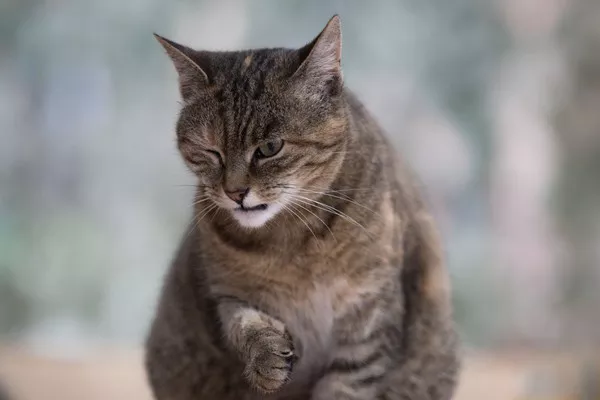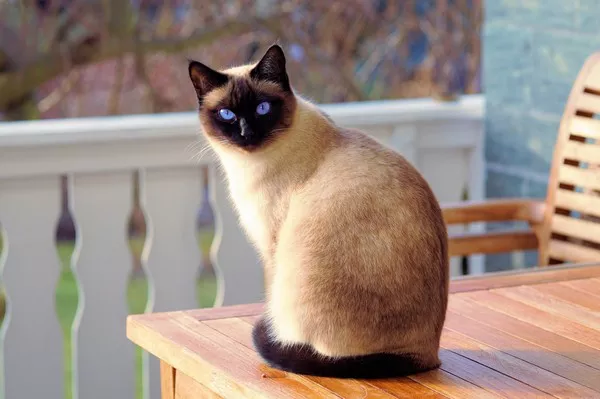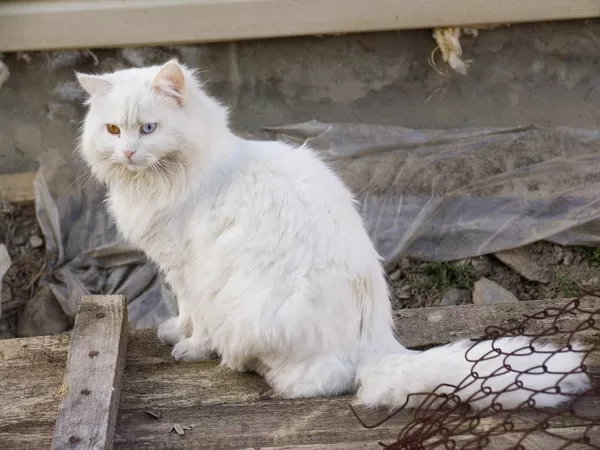Cats are obligate carnivores, which means that their diet primarily consists of meat. As a cat owner, you may often wonder about the best sources of protein for your feline friend. One common question that arises is whether chicken is a suitable food for cats. This essay will explore the nutritional benefits of chicken, potential risks, preparation methods, and best practices for incorporating chicken into your cat’s diet. By the end, you will have a comprehensive understanding of whether chicken is good for cats and how to safely include it in their meals.
The Nutritional Profile of Chicken
Protein Content
Chicken is an excellent source of high-quality protein, which is essential for a cat’s overall health. Protein is crucial for building and repairing tissues, producing enzymes and hormones, and supporting a healthy immune system. A typical serving of cooked chicken breast contains about 31 grams of protein per 100 grams, making it an ideal choice for meeting a cat’s protein requirements.
Essential Amino Acids
Cats require certain amino acids that they cannot synthesize on their own. Chicken provides several of these essential amino acids, including taurine, arginine, and methionine. Taurine, in particular, is vital for heart health, vision, and reproductive function. A deficiency in taurine can lead to serious health issues, including heart disease and blindness. By incorporating chicken into your cat’s diet, you can help ensure they receive these necessary nutrients.
Vitamins and Minerals
In addition to protein, chicken is rich in several vitamins and minerals that are beneficial for cats. It contains B vitamins, such as niacin, riboflavin, and vitamin B6, which play a role in energy metabolism and overall health. Chicken also provides important minerals like phosphorus and selenium, which are essential for bone health and antioxidant defense, respectively.
Fat Content
While protein is crucial, fat is also an important component of a cat’s diet. Chicken contains fat, which provides energy and supports healthy skin and coat. However, it is essential to monitor the fat content, as excessive fat can lead to obesity and related health issues. Skinless chicken breast is a lean option, while darker meat and skin contain higher fat levels.
Health Benefits of Chicken for Cats
Improved Digestive Health
Many cats enjoy the taste and texture of chicken, making it a palatable option for picky eaters. Additionally, chicken is relatively easy to digest, which can be beneficial for cats with sensitive stomachs. Introducing chicken gradually into your cat’s diet can help improve their overall digestive health and encourage regular eating habits.
Weight Management
For overweight cats, chicken can be an excellent choice due to its high protein and low carbohydrate content. A protein-rich diet can help cats feel fuller for longer, reducing the likelihood of overeating. When combined with appropriate portion control and regular exercise, chicken can support a healthy weight management plan for your feline friend.
Dental Health
Chewing on cooked chicken can help promote dental health in cats. The act of chewing can help reduce plaque buildup on teeth, contributing to better oral hygiene. However, it is important to ensure that the chicken is cooked thoroughly and does not contain any bones, as bones can splinter and pose a choking hazard.
Risks of Feeding Chicken to Cats
Allergies and Sensitivities
While chicken is generally safe for most cats, some may develop allergies or sensitivities to poultry. Symptoms of food allergies can include vomiting, diarrhea, skin irritations, and excessive itching. If you notice any of these signs after introducing chicken to your cat’s diet, it is essential to consult your veterinarian for advice.
Bone Hazards
Feeding cats chicken bones can be dangerous. Cooked bones, especially, can splinter and cause choking or serious internal injuries. If you choose to feed your cat chicken, it is crucial to remove any bones beforehand. Raw bones may be safer for some cats, but they also carry a risk of bacterial contamination and should be approached with caution.
Nutritional Imbalance
While chicken is a great source of protein, it should not be the sole component of your cat’s diet. Cats require a balanced diet that includes a variety of nutrients. Feeding chicken exclusively can lead to nutritional imbalances over time. It is essential to provide a well-rounded diet that includes other proteins, fats, vitamins, and minerals.
Preparing Chicken for Your Cat
Cooking Methods
When preparing chicken for your cat, it is best to cook it thoroughly to eliminate any harmful bacteria. Boiling, baking, or grilling are all suitable methods. Avoid using any seasonings, sauces, or oils, as these can be harmful to cats. Plain, cooked chicken is the safest option.
Portion Control
When feeding chicken to your cat, portion control is vital. A general guideline is to offer chicken as a treat or supplement rather than a primary food source. Depending on your cat’s size and dietary needs, small pieces of chicken can be offered a few times a week. Always consult with your veterinarian to determine the appropriate portion sizes for your specific cat.
Introducing Chicken Gradually
If your cat has never had chicken before, it is essential to introduce it gradually. Start with small amounts mixed into their regular food and observe for any adverse reactions. If your cat enjoys the chicken and shows no signs of allergies, you can gradually increase the portion size.
Alternatives to Chicken
While chicken is a popular choice, there are other protein sources that can be included in your cat’s diet. Alternatives such as turkey, fish, and lean cuts of beef can provide variety and additional nutrients. It is important to ensure that any alternative protein sources are also cooked and free from harmful additives.
Conclusion
In conclusion, chicken can be a healthy and nutritious addition to your cat’s diet when prepared and served correctly. Its high protein content, essential amino acids, and vitamins make it an excellent choice for feline nutrition. However, it is crucial to be aware of potential risks, including allergies, bone hazards, and nutritional imbalances. By following best practices for preparation and portion control, you can safely include chicken in your cat’s diet and contribute to their overall health and well-being. Always consult with your veterinarian before making significant changes to your cat’s diet to ensure that their individual needs are met. With the right approach, chicken can be a delightful and beneficial treat for your beloved feline companion.
Related topic:


























